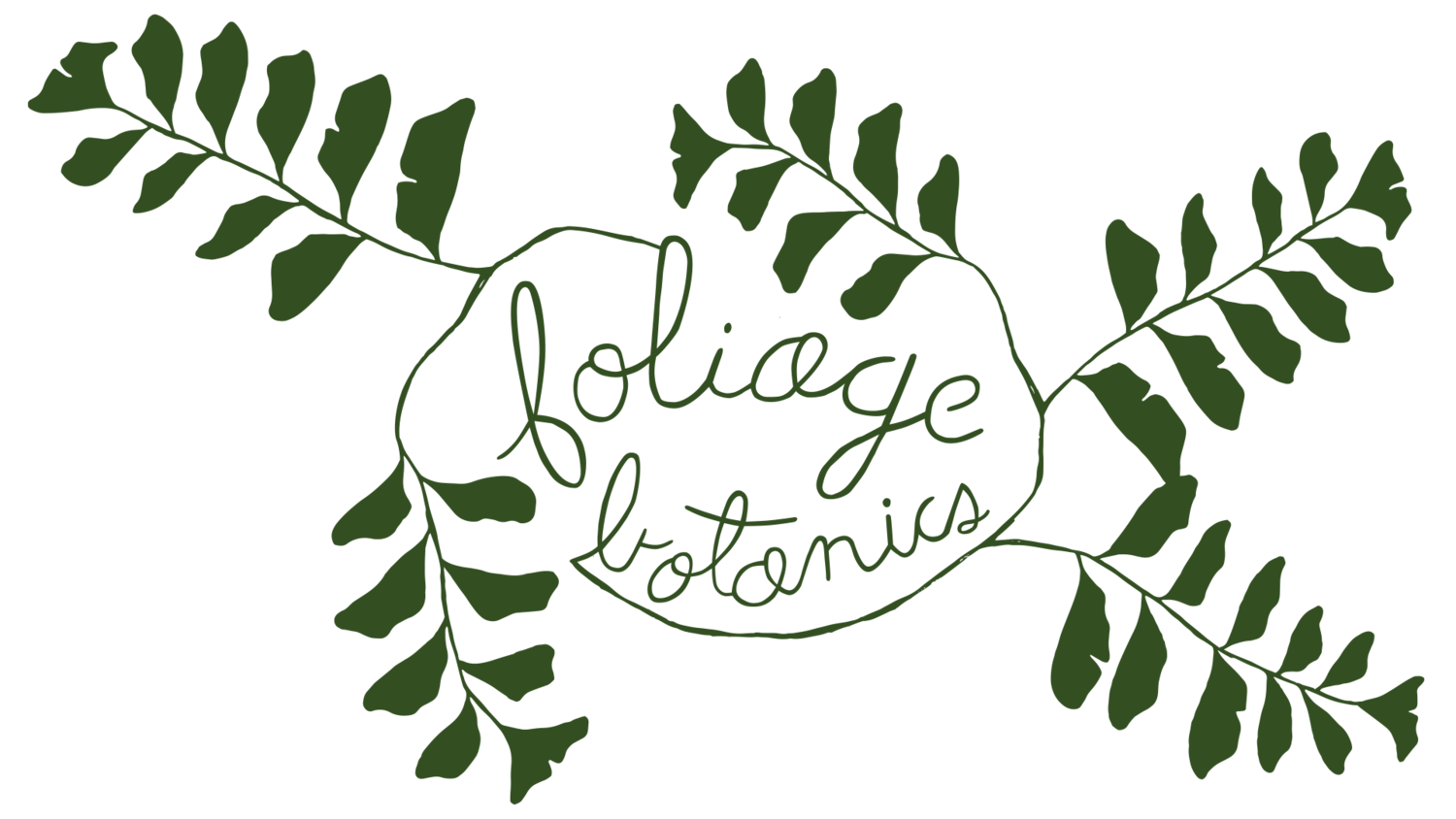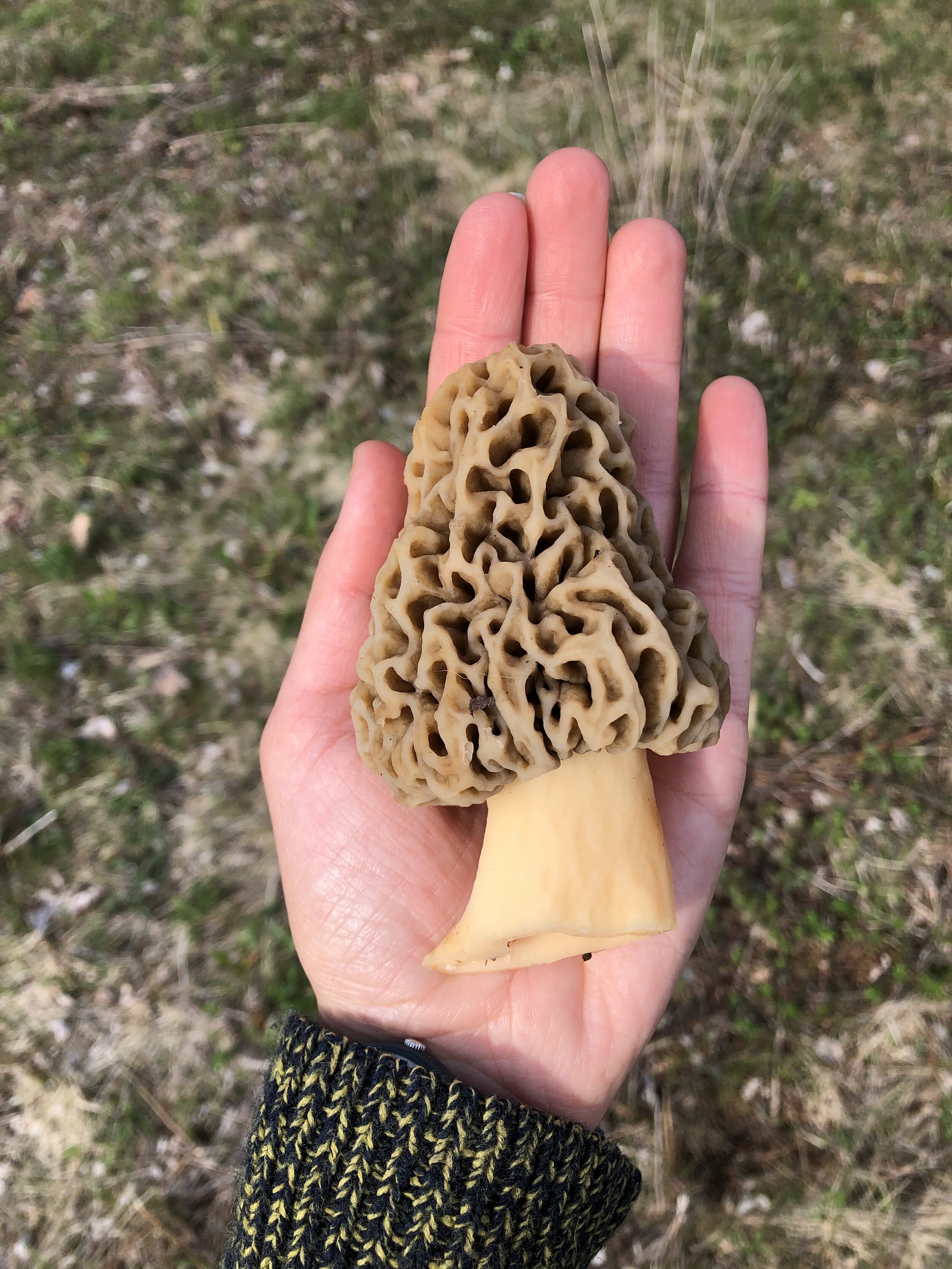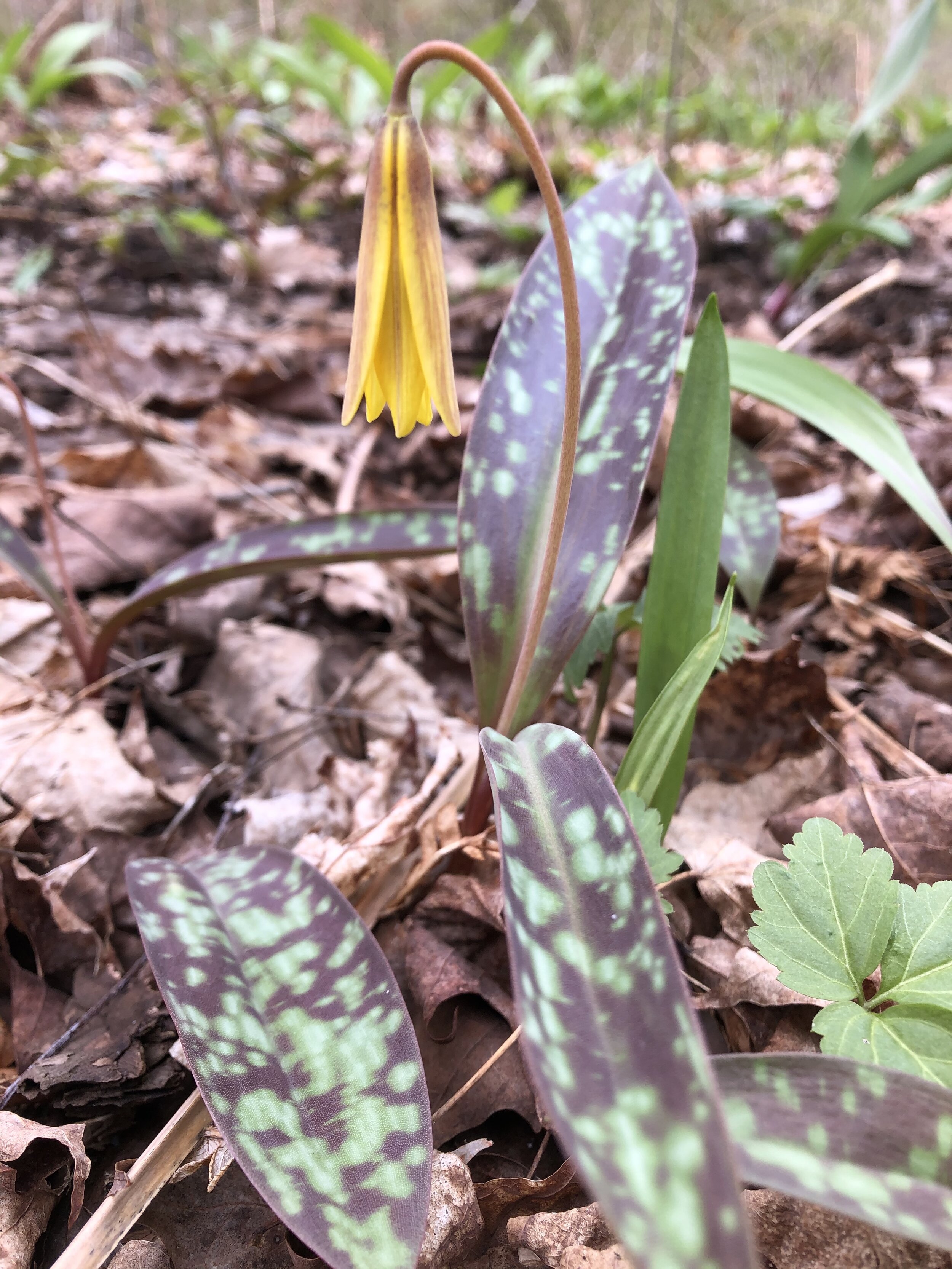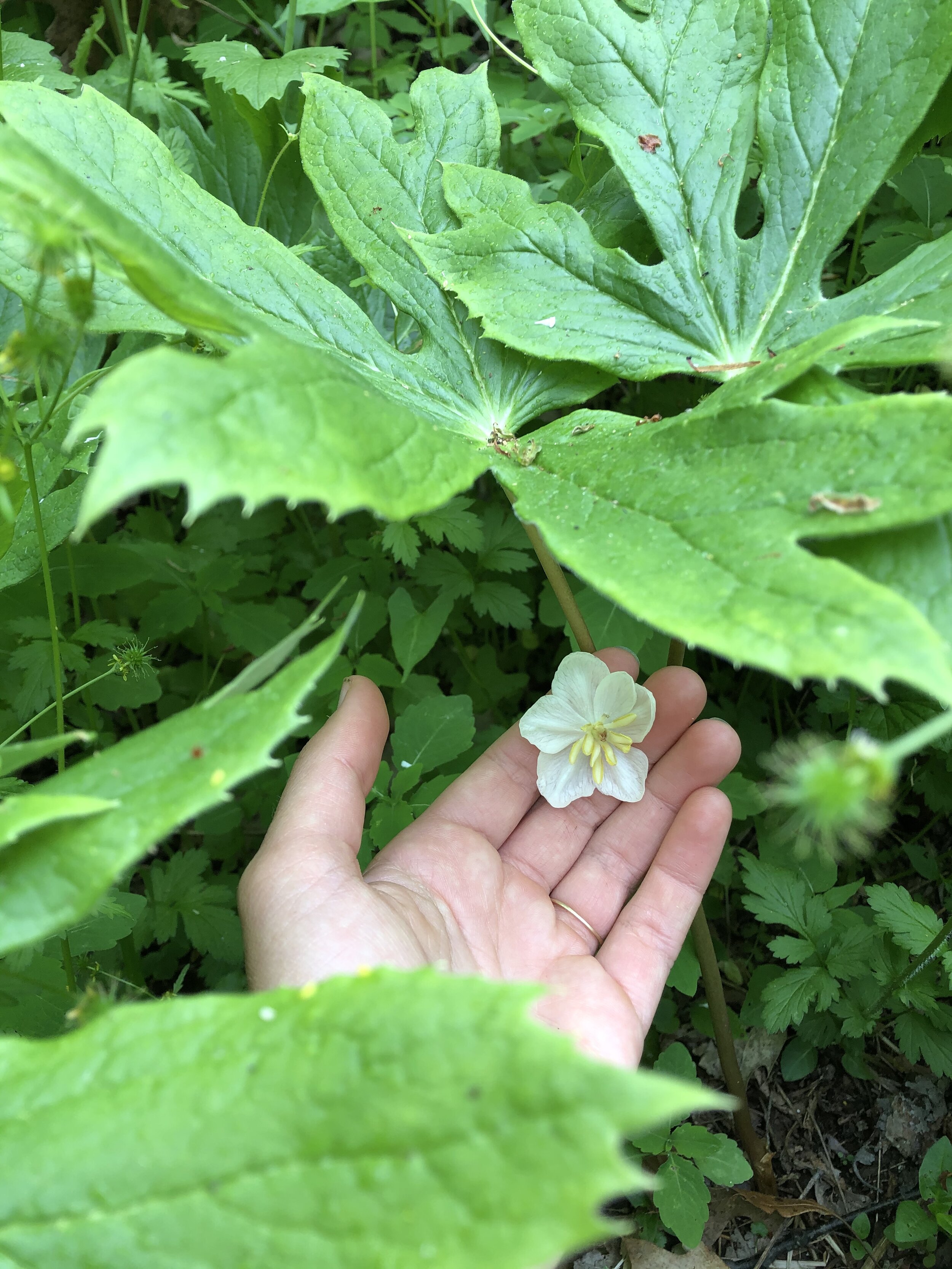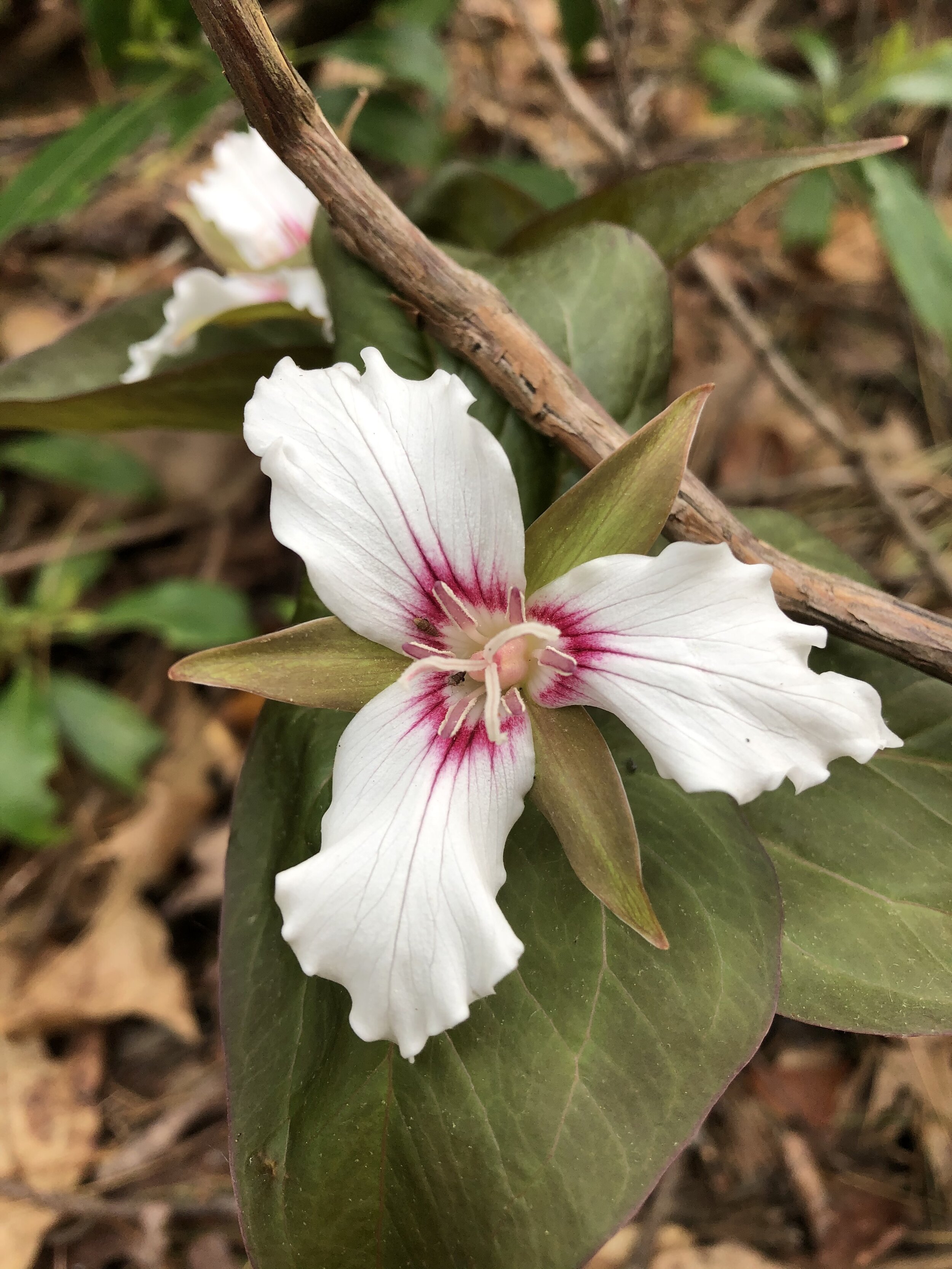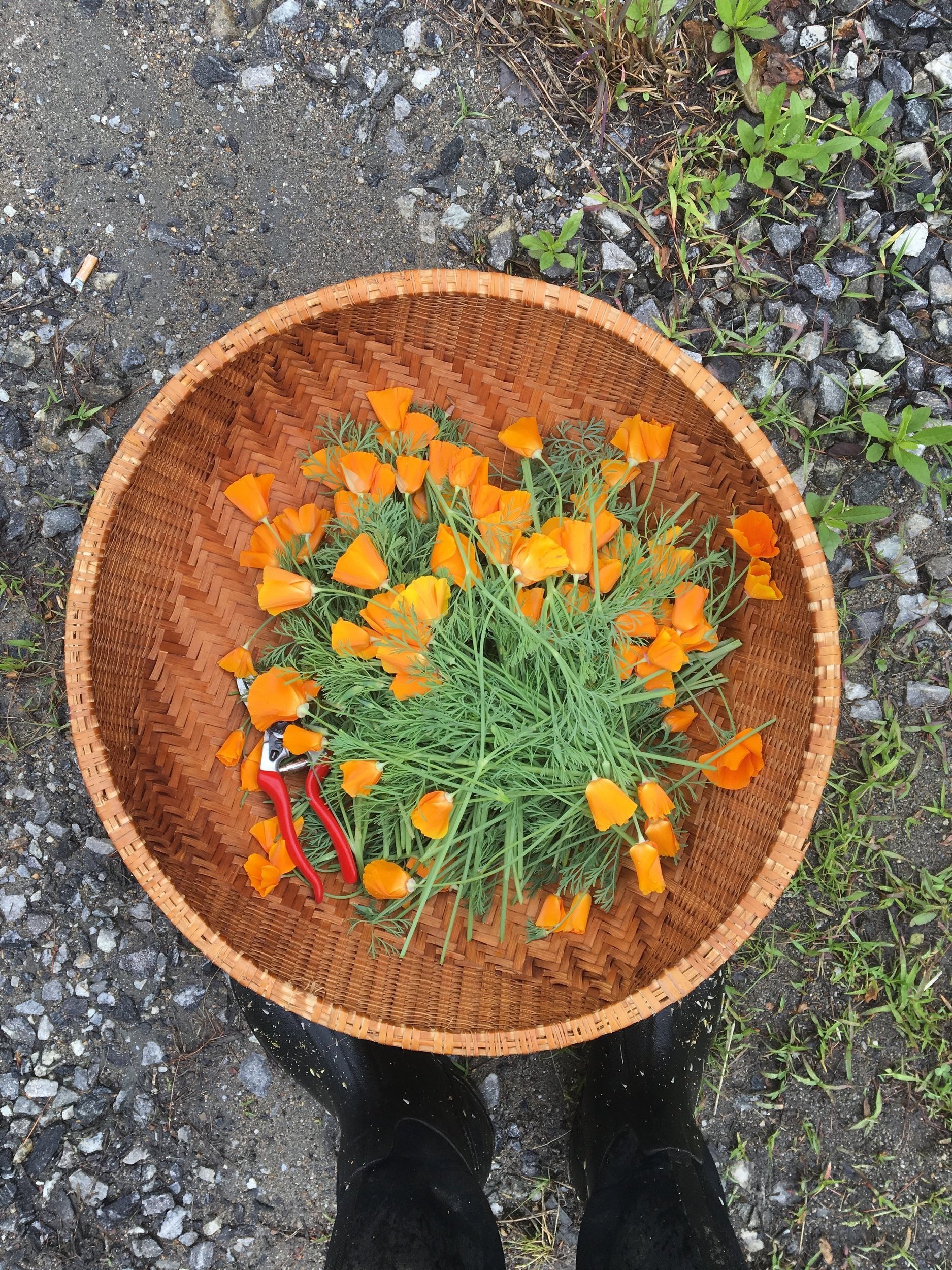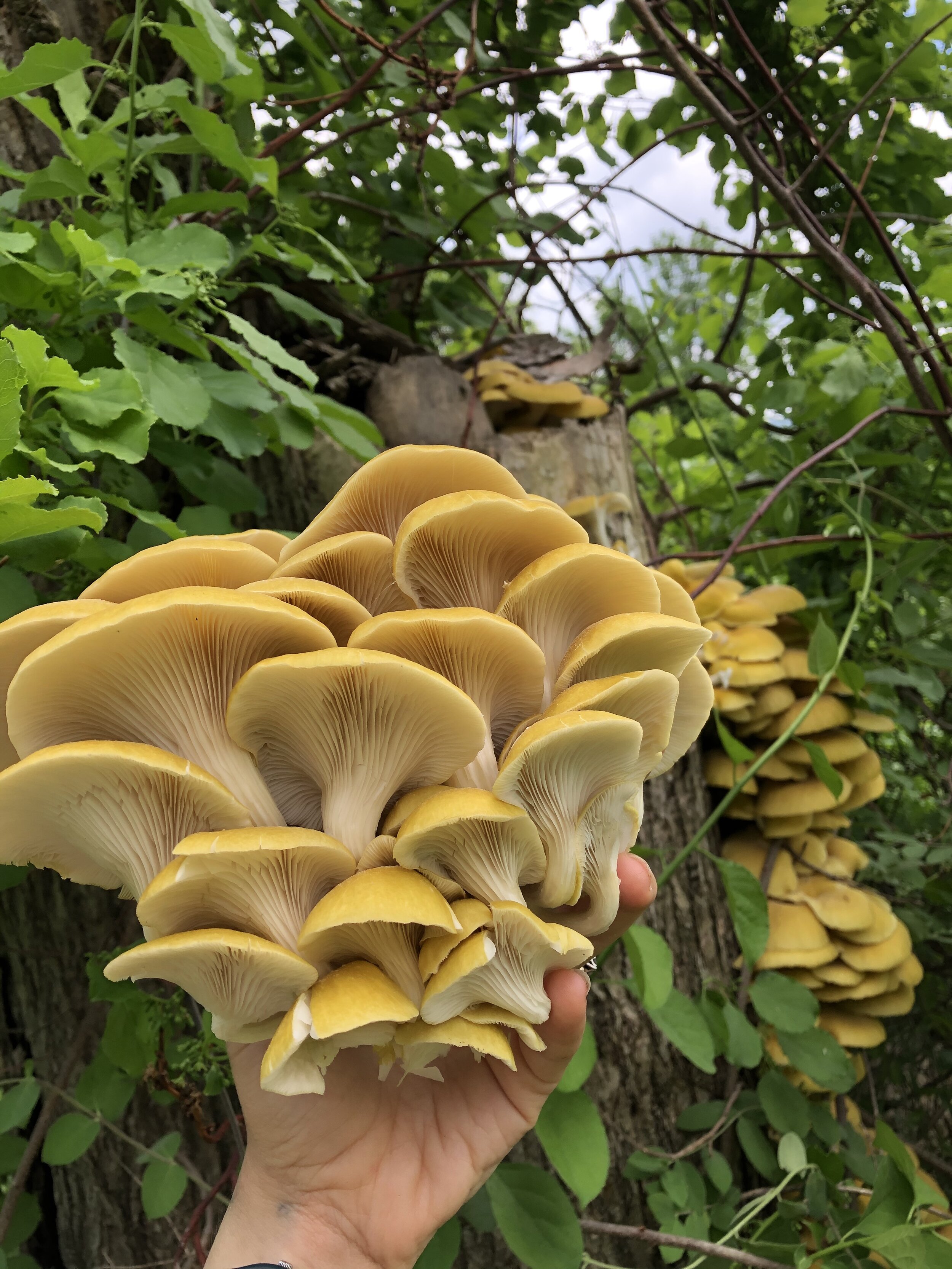Bioregionalism, Reciprocity, & Building a Relationship to Place
It’s cold here in New York and I’ve been burrowing deep into my books and my apothecary while the temperatures drop outside, the fierce wind gusts about, and while I plan the year ahead and slowly grow a life inside my womb, a little human that arrives this April, just in time for the spring blooms. All of this has had me giving some spacious thought time to a few important matters that have been whirling around in my brain these past many months, particularly about our relationship to land and place.
If anything this past year has done, has been to show us even more clearly that we live in a pretty broken culture. Racism abounds, politics are dirty, inequality reigns, and many of us feel somewhat at a loss for how to usher our culture as a whole into a new era, especially when we don’t all agree on what the definition of “progress” is. One of the recurrent themes I see underlying these issues here in the United States is a deep disconnection: a brokenness in our ancestral lines, an amnesia of familial and cultural history, a nature deficit, a confusion as to how and where we belong.
As an herbalist, bioregionalism is a fundamental philosophy that underscores my work. This is a place-based perspective about my medicine-making practice and how I use plants, a commitment to growing and using plants here in my bioregion, rather than ones grown and shipped from afar. But it’s also a philosophy about how I want to live, about connecting more intimately to land and place and being in right relationship with life. As a white person, descendant of settlers to North America (i.e. a settler myself) and someone who also grew up moving constantly, daughter of corporate business parents, this rooting down is both unfamiliar to me and essential. And yet I face a quandary in my attempts to build a sense of belonging and home, to build a plant-focused business on stolen north American land, and attempt to rebuild those lost ancestral connections in a place where the bones of my kin are not buried and the threads of their stories, medicine practices, and lifeways are not woven into the tapestry of the place I find myself. I’ve been contemplating this quandary a lot.
It’s my deepest belief that reconnecting people to the land is essential for our future, our future as a culture, our future as a planet. But this reconnection that I think so many of us crave is riddled with complexities, especially for Americans—many of us are not from here originally, we’re not indigenous to these lands, but we also are distant enough from our ancestral homes that we aren’t considered from there either. Do we then not connect to land and plants, do we not seek this sense of belonging in the place we are? Are only the people who still live in their ancestral homelands granted access to this kind of deep connection? And if not, how do we cultivate it? How do we claim our own indigenous heritage and relationship to place? We are all, after all, indigenous to somewhere, some land. How do we live close to the land and use plants and how do we do all of this without appropriating or oppressing or dislocating others?
Indigenous is a complicated word that I don’t want to throw around too lightly. Yes, we are indigenous to somewhere, perhaps our ancestors came here to escape oppression or genocide or poverty, but that doesn’t mean we get to simply claim all that and wash our hands of the impact of our relocation on the peoples who lived in this place we relocated too. That has been done too many times. But I also think that remembering to look at ourselves as both descendants of settlers and of peoples who have also been colonized, whatever our skin colour, is essential to shift us into a better way of living and interacting with the land.
I come from high alpine German mountain people, Jewish Dutch folk, and oceanside dwellers of southern Ireland. These are the places and cultures to which I can trace both my blood and my paternal and maternal family trees. My parents were born, respectively, in Michigan and New York, my father 2nd generation American, my mother 4th. I come from a hearty line of Irish-Catholic Adirondack farmers on my mother’s side (a few nuns & priests in there too), Dutch blacksmiths and German mountaineers on my father’s, but I was born in Connecticut and my parents worked for UPS and Pepsi while I was growing up. As a child, we moved and travelled a lot—I lived in England, Belgium, and Switzerland—and I had pretty much zero relationship to the earth. We did not garden. We did not hike or camp. This is my story and an integral link in the ancestral chain I am participating in building just by being alive, whether I like it or not. There are good things there in this story, there are certainly bad, and I think rebuilding right relationship to place at this point includes fully claiming all of it, the complex history of my/our European turned American heritage in its entirety. There can be no sweeping the tough stuff under the rug, nor attempting to over-glorify whatever small pieces of ourselves are something exotic that makes us feel better about the white guilt, nor simply spending our mind-space wishing we were something exotic or born native to where we are—none of that will help us figure out, truly, how to re-indigenize ourselves, how to belong to land and place. And I do think, slowly, that can be done.
Something I get really hyped up about and have strong interests/opinions in is the topic of “invasive species.” I put this term in quotes because I hate it and I don’t really believe in it. There are native plants and non-native plants, and many of the native plants are disappearing, this is all true. But it’s the vilification of these non-native ones and the subsequent ideologies and practices for eliminating them that really irk me. It all feels very much rooted in the same ideas that birthed the concept of race and continues to uphold societal prejudices around what is and isn’t “right” on a human level. It feels very hypocritical to have a purist/nativist attitude around plants when for so long we have undervalued, exploited, and outright exterminated the native people and the land on which they all once lived (as well as the people the settlers enslaved and brought here to work it.) On top of that, the main tactic used to combat “invasives” is pouring billions of dollars worth of toxic chemicals on them and the native plants, which all ends up in our soils and waterways and bodies. At the very least, this dichotomous view of some plants as good and some as evil doesn’t take into account largely enough that it’s the human impact of species introduction and climate change that have made the way for these shifting ecosystems and plant dynamics. We caused the habitat loss for the native species, we caused the temperature and landscape changes—these plants are just doing what they have always done: adapting to change, filling an opening and a niche in the environment, healing the scars we leave behind.
Mostly the connection I’m trying to draw between these two topics is that I feel like there’s a certain attitude about the current place we’re at that is linked. It’s a tragedy in the plant world to have decimated so many plant populations. It’s an atrocity how the native peoples of Turtle Island were extirpated horrifically and no reparations have truly been paid. But I do believe, in fact, that developing a more intimate relationship to land is a prescription to do a lot of this healing work. We can’t go back and undo what has happened here, surely most of us can’t go back and live in our native homelands (nor would it be the same). We can, however, claim it and our/our ancestor’s role in it all and we can work hard to make amends, but this is just what we’re working with. This is the new landscape.
I think becoming indigenous to place again is a possibility. This could be a very controversial statement, or maybe just the language is controversial, but the idea is sound. What I don’t mean is that we can become native American or take on any sort of title as such, nor can we release the true story of our bloody histories and identities. But what I do mean is that we can build a deeper relationship to place, one founded in the indigenous principles of reciprocity, responsibility, and care, that connects us to the land in a way we aren’t currently as a culture. But this can only happen very, very, very slowly over time. And honestly, I don’t mean generally to land, like going on hikes and learning about plants from books, but rather connecting to a very particular place, a very particular piece of land (which of course is not always readily accessible—and that’s an added factor to the whole cultural-natural poverty), building a life on it, feeding yourself from it, and participating in the tending of it so that you feed it too. This is no easy feat after generations of capitalist, empire-driven mindsets that take and take and take and have deeply ingrained some pretty foul ways of living in all of us. We were not taught, on the whole, to listen to plants, to walk slowly, to know the birds’ songs, to dig roots for medicine, to collect and re-plant wild seeds, to know which way is north and south and which way the water runs or the direction the hawks migrate.
I think a lot about my child as I contemplate all of this and how to ensure that she grows up in a home, a life, a place of more connection than I did. There is no way she will be the end of the journey—I am the first one in my bloodline choosing to turn back, or not turn back but just turn things around and attempt a change, so with her we’ll still be doing the foundational legwork. But I hope to plant the seeds so that I and she and those after us are worthy ancestors, weaving our story and journeys into this new place with the stories of the people who lived here before. I feel like we owe them that, to not take it for granted and try to live more in line with the way they did.
With my herbal practice, I see all this very much as also teasing apart the murky history of herbal traditions, another place that has been very culturally extractive. Just because I live on this land now and am trying to build a good relationship with it doesn’t mean I can take what I please and use what I want and what was never mine. I am still very much making up for the “take with no return” attitude of my ancestors and even of my own in my lifetime and grappling with the privilege of living on spacious land while others do not. I am learning and appreciating the roots of my herbal knowledge and the herbal uses of the plants that surround me here that come from the native North American people, but I mostly try to practice herbalism from my own ancestry, learning about and predominantly using the plants of Europe and the incredible medicines of those abundant, opportunistic non-natives. I am forever attempting also to tune into and build an ecology-centred mind to constantly gauge my impact and try to tend the plants and improve the land in my wake. I grow in my garden as much as I can. My relationship to the native, less abundant plants of this region is mostly one of curiosity and awe, one of observation and waiting to learn the lessons they offer that just might not fully come until many generations down the line. I am still a visitor, a guest, a settler, from high alpine mountain people and salty-aired oceanside dwellers and my child will be too, though hopefully a little more a part of this place than me.
